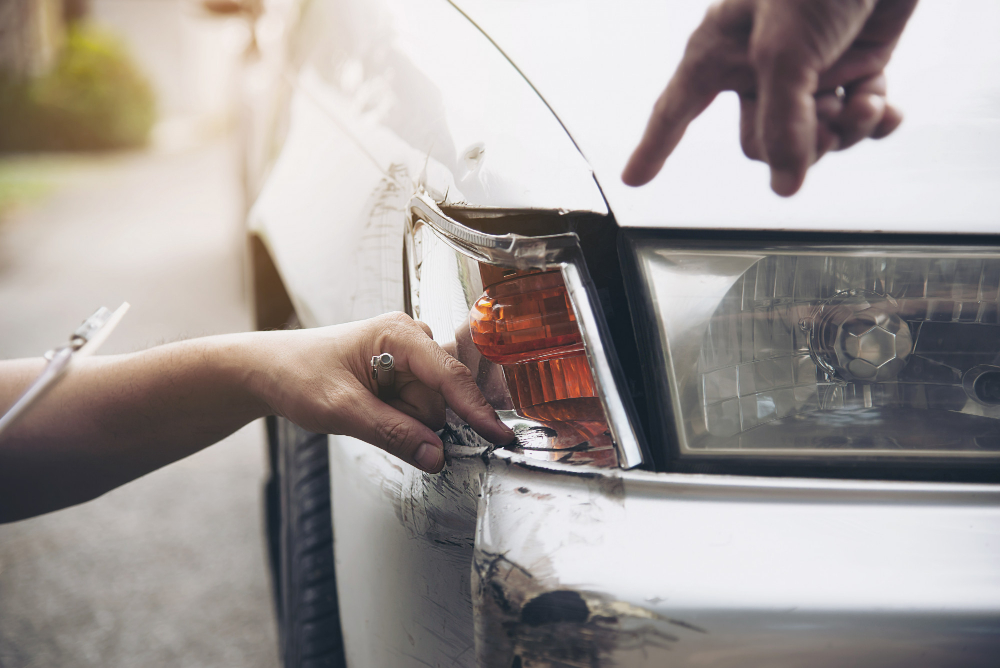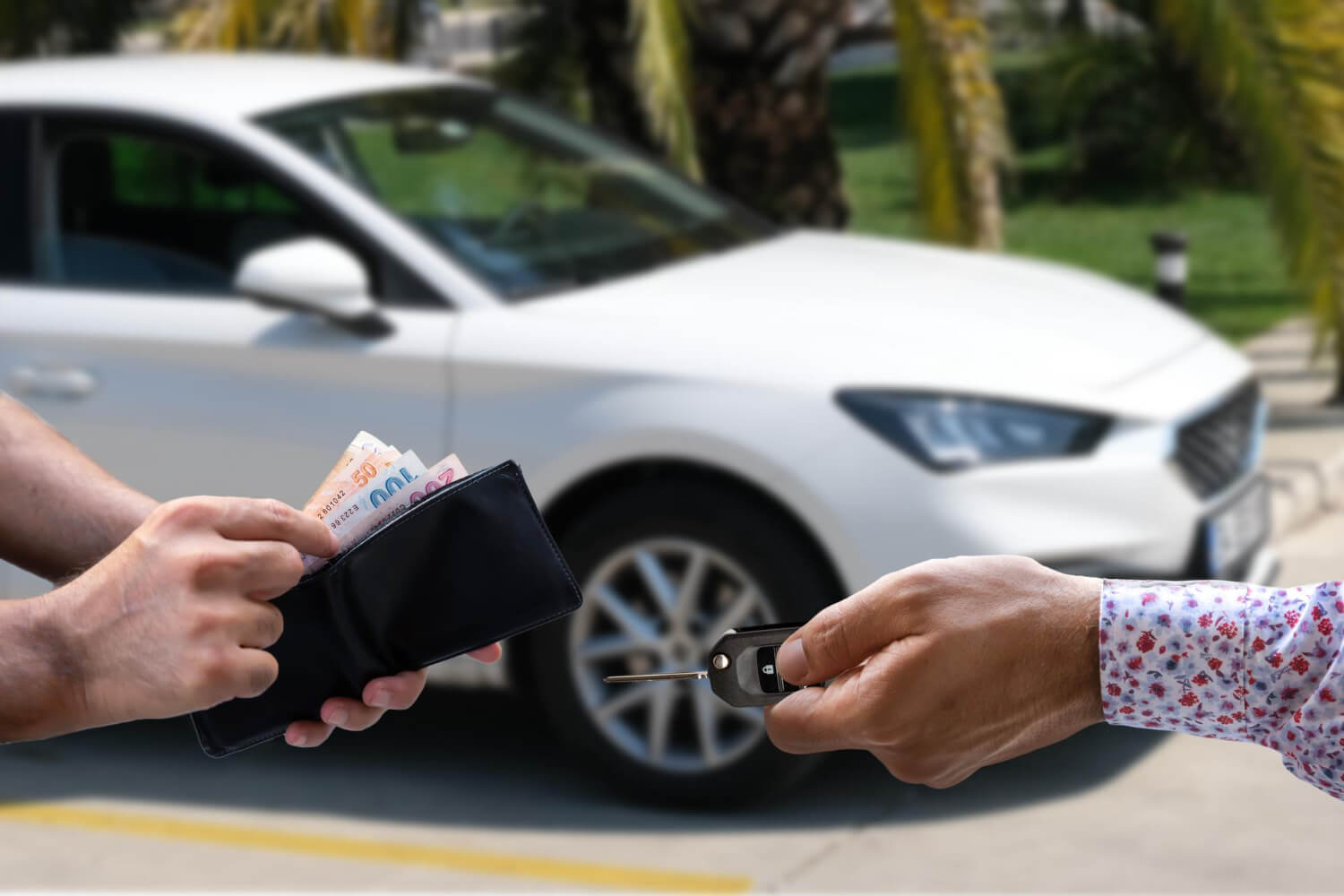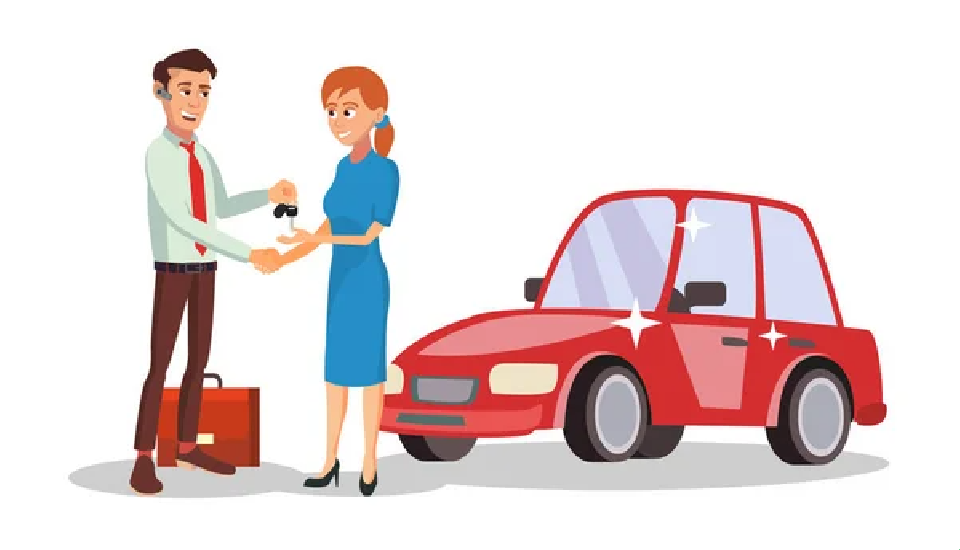How To Sell A Salvaged Car

Usually, as a result of an accident, a salvaged car is one that the insurance company declares to be a total loss. An automobile is often considered "totaled" when the expenses of repairs or restoration surpass 75% of the car's real monetary worth. If that happens, an insurance provider will replace the car at no additional expense to the owner. The vehicle is subsequently given a salvage title by the Department of Motor Vehicles (DMV), and it is no longer permitted to be driven on public roads.
How Vehicles Get Salvaged
It's not necessary for a car to sustain damage in an accident to receive a salvage title. A vehicle can no longer be roadworthy under many conditions.
A car will be deemed a total loss by an insurance provider if it is stolen and not found within a reasonable period of time. After that, the DMV will grant the car a salvage title if the police discover it, no matter how bad of a condition the car is in. However, after passing state inspections, a recovered car may often be given a new title and become street legal once more. But depending on the condition of the automobile, this might be a difficult and expensive task.
Also read: Can I Trade in A Car on Finance
Weather-related catastrophes and natural disasters sometimes result in damage that necessitates the issue of a salvage title. A vehicle's repair expenses may surpass its financial worth in the eyes of an insurance provider due to factors like smoke, hail, earthquakes, floods, severe winds, or practically any act of Mother Nature.
A vehicle may not be fit for use due to its age or general condition. For instance, the car might not be able to pass a state inspection and receive a certification if it has severe rust and corrosion after years of exposure to the environment. The car could need to be salvaged if the repairs would be too costly and not worthwhile.
A Salvage Title's Effects
If repairs enable a vehicle with a salvage title to pass DMV safety checks and get a new title, the vehicle may be driven once again on public roads. However, such fixes can be pricey, and there is no assurance the car will pass state inspection requirements after they are finished.
The salvage title also continues to appear on the vehicle history record for the duration of the car's life, even with a fresh title. For this reason, you always have to get a vehicle history report for any used automobile you're thinking about purchasing. It could be challenging to find a buyer who is prepared to see past the unfavorable stigmas attached to a car that has previously been salvaged. For the same reason, the majority of dealers won't take in automobiles with salvage titles or ones that had similar status before as trade-ins.
Due to structural or mechanical damage, salvage vehicles are also seen as significant safety hazards, making insuring them difficult. Even if an insurer agrees to provide a policy for such a car, the prices can be too expensive.
Methods for Disposing of a Salvage Car
Owners must come to an arrangement with their insurance company if they want to keep their damaged vehicle in the hopes of fixing it or selling it as a salvage vehicle. The insurance will still pay the claim, but it will pay less because of the projected value of the car on the salvage market.
After receiving a salvage title from the DMV, the owner has a few choices for selling car:
- A salvage car is often sold by posting it online and inviting offers from private purchasers.
- Others may be interested if they have the resources to restore the vehicle and obtain a new title, such as certain dealers that specialize in "as is" automobiles.
- Selling the salvage vehicle to a junkyard may be a possibility if neither of those alternatives works out.
However, in each of these scenarios, there is little point in taking the risk if the owner can't make more money than the salvage value of the car that is subtracted from their first insurance claim. When an automobile is deemed a total loss, it is wiser to let the insurance company keep it.
For those who have the resources and expertise to do it, selling components may be the best method to profit from a salvage vehicle. Due to their rarity, particular parts for some models may fetch a high price on the secondhand or aftermarket parts market. In the best-case scenario, the value of the components may exceed that of the entire car. However, it takes time and effort to sell off individual components.
When all else fails, you can donate a salvaged car and get a tax benefit. Additionally, several charities offer free towing services.





